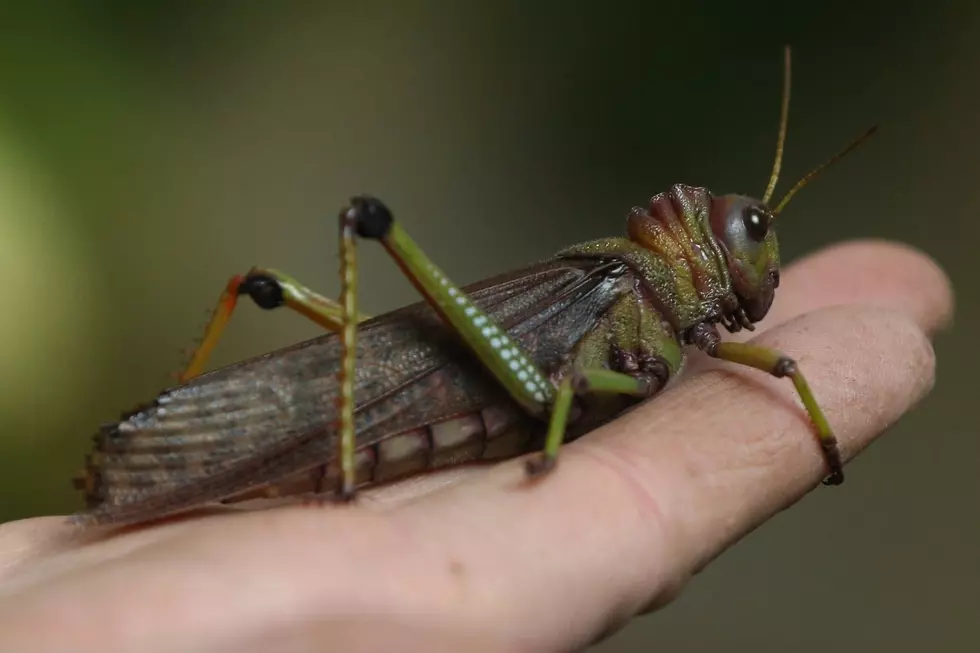
What in the World Is This Bug, Montana? Turns Out, No Big Deal
Looks a little gross and scary, doesn't it? The orange lines on its body may instill fear in those who may come across it in their fields. However, these black bugs shouldn't scare you at all. In fact, they're actually helping you by eating parasitic insects off of your plants and soon, you'll see it turn into something a little more beautiful.
This little black bug is just a baby ladybug.
Adult ladybugs lay their eggs near infestations of pests, which the larvae really enjoy eating. One of their favorite pests to eat are aphids, which suck the sap out of plants and cause damage to gardens. When those ladybug eggs hatch, they'll go right after all the pests in your garden.
A ladybug's life cycle is typically 4-8 weeks long, and some will live around one year and eat around 5,000 aphids. Larvae will spend around 20-30 days eating pests and growing until they pupate. Once in that stage for about 12 days, they become fully grown.
They couldn't hurt you, even if they tried.
There are 11 species of ladybugs (or ladybird beetles as they're known in field guides) in the state of Montana. There's even a species of ladybug in Montana that tucks its head inside its body when it feels threatened, much like a turtle would. Now that's innovative protection right there.

So, the next time you see ladybug larvae in your backyard, don't be afraid of them. It's not going to hurt you and you'll actually thank it later for helping keep your plants free from pests.
LOOK: 30 fascinating facts about sleep in the animal kingdom
LOOK: Stunning animal photos from around the world
More From 103.7 The Hawk









